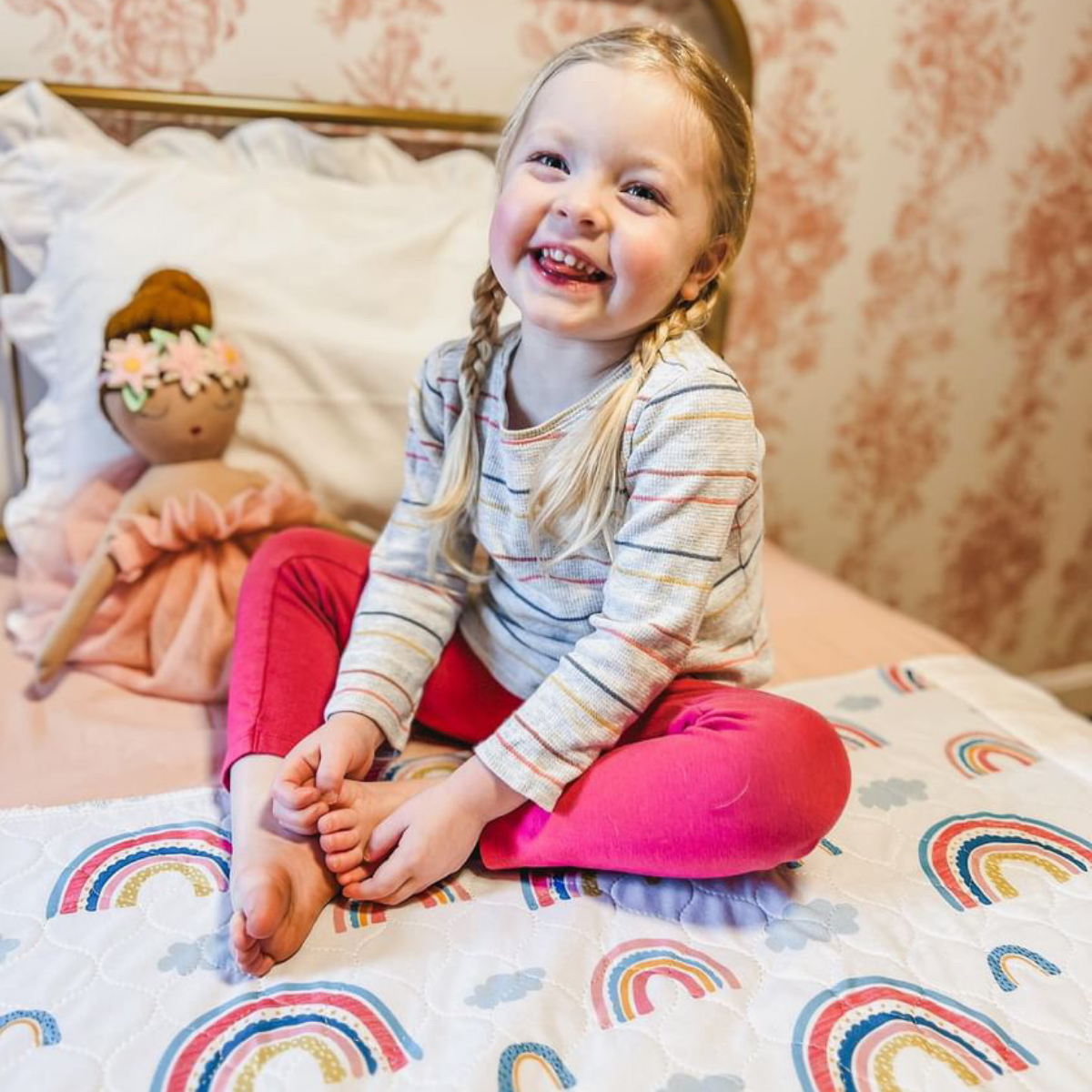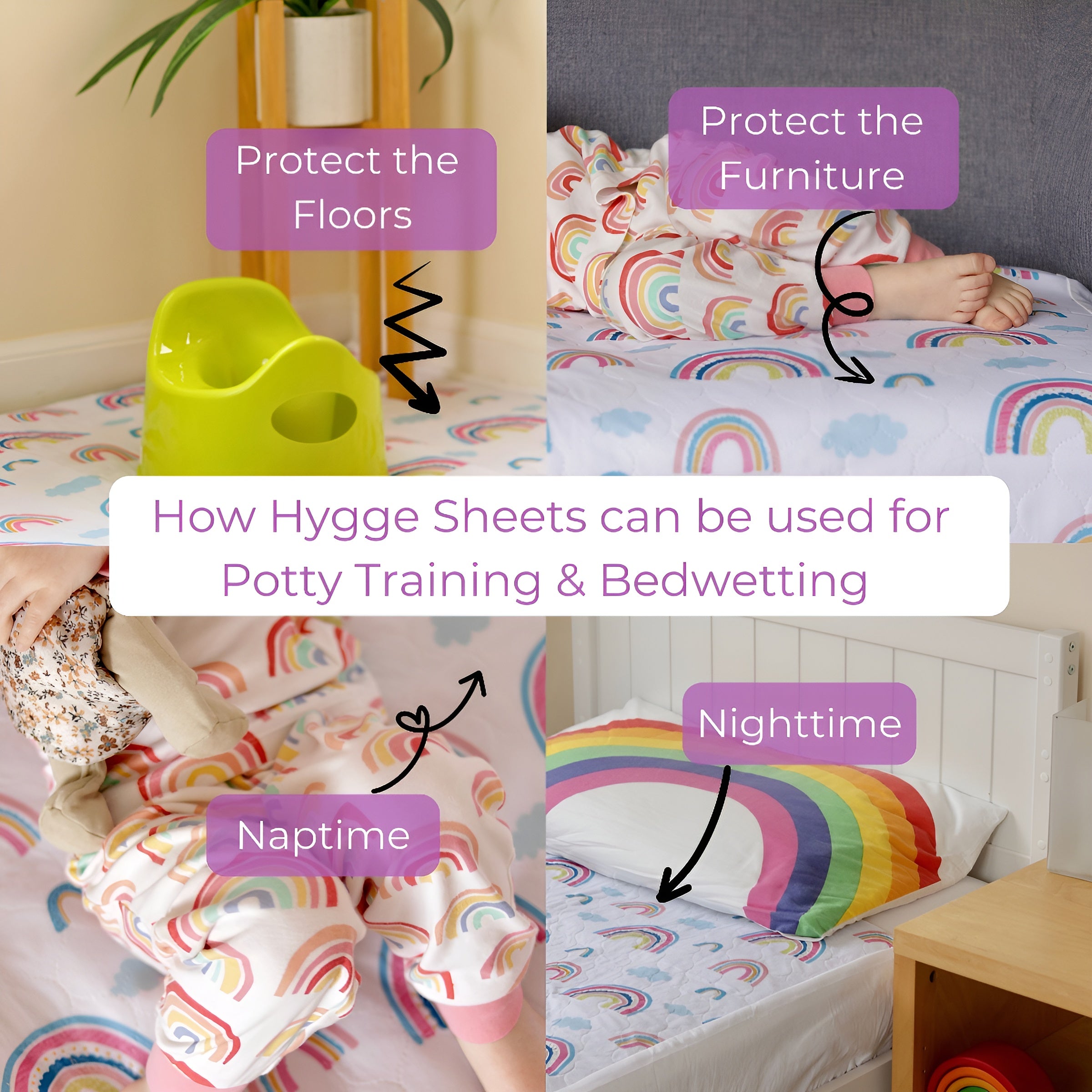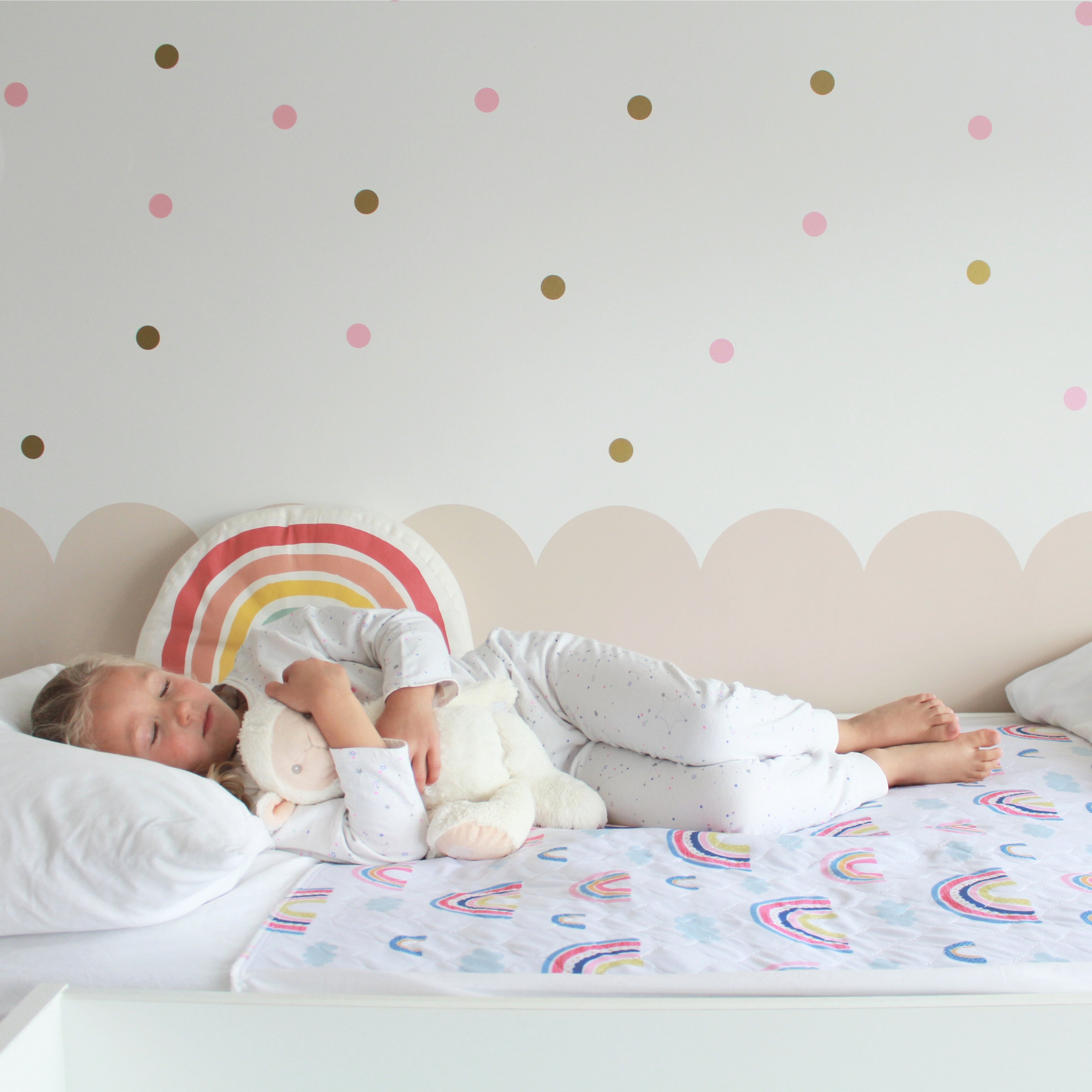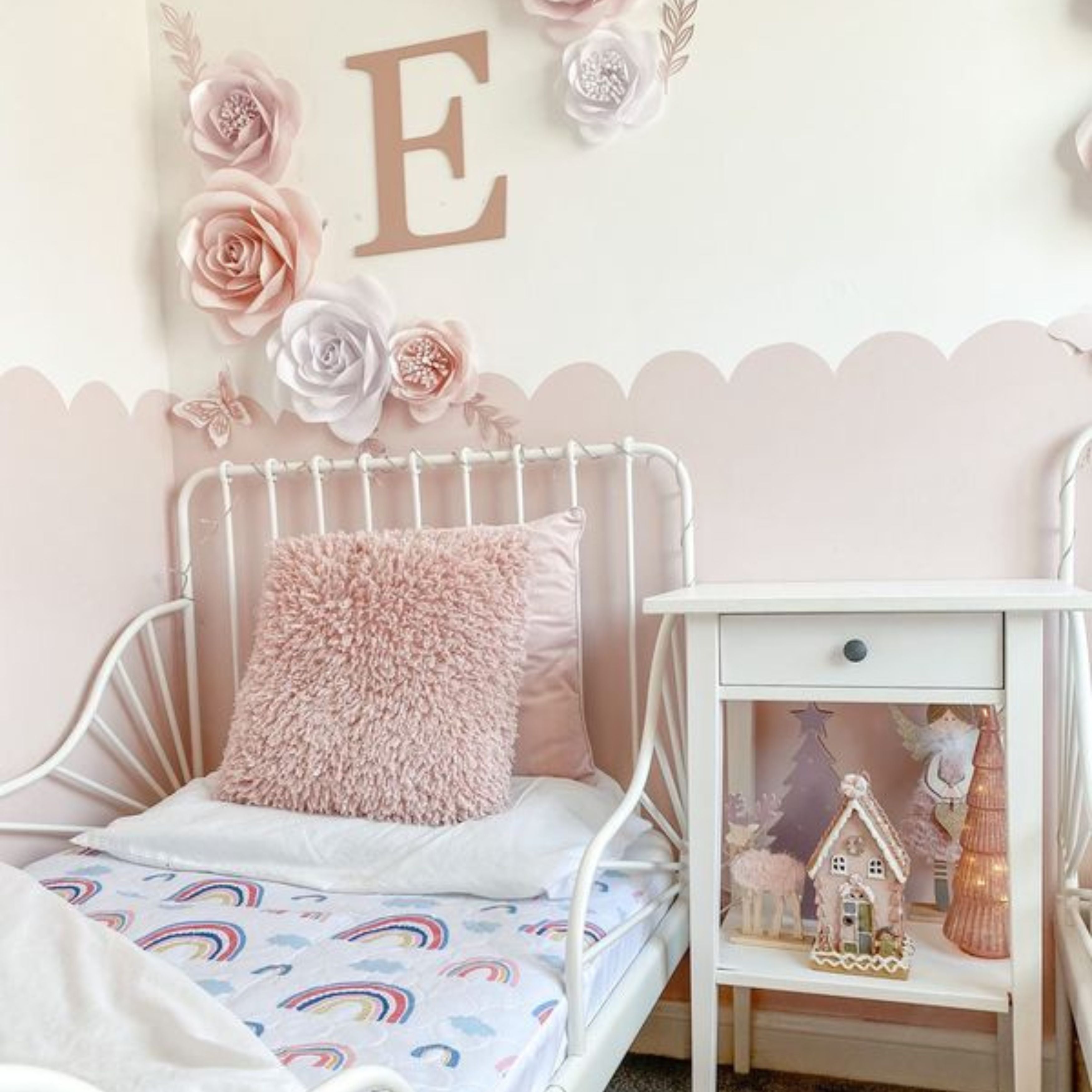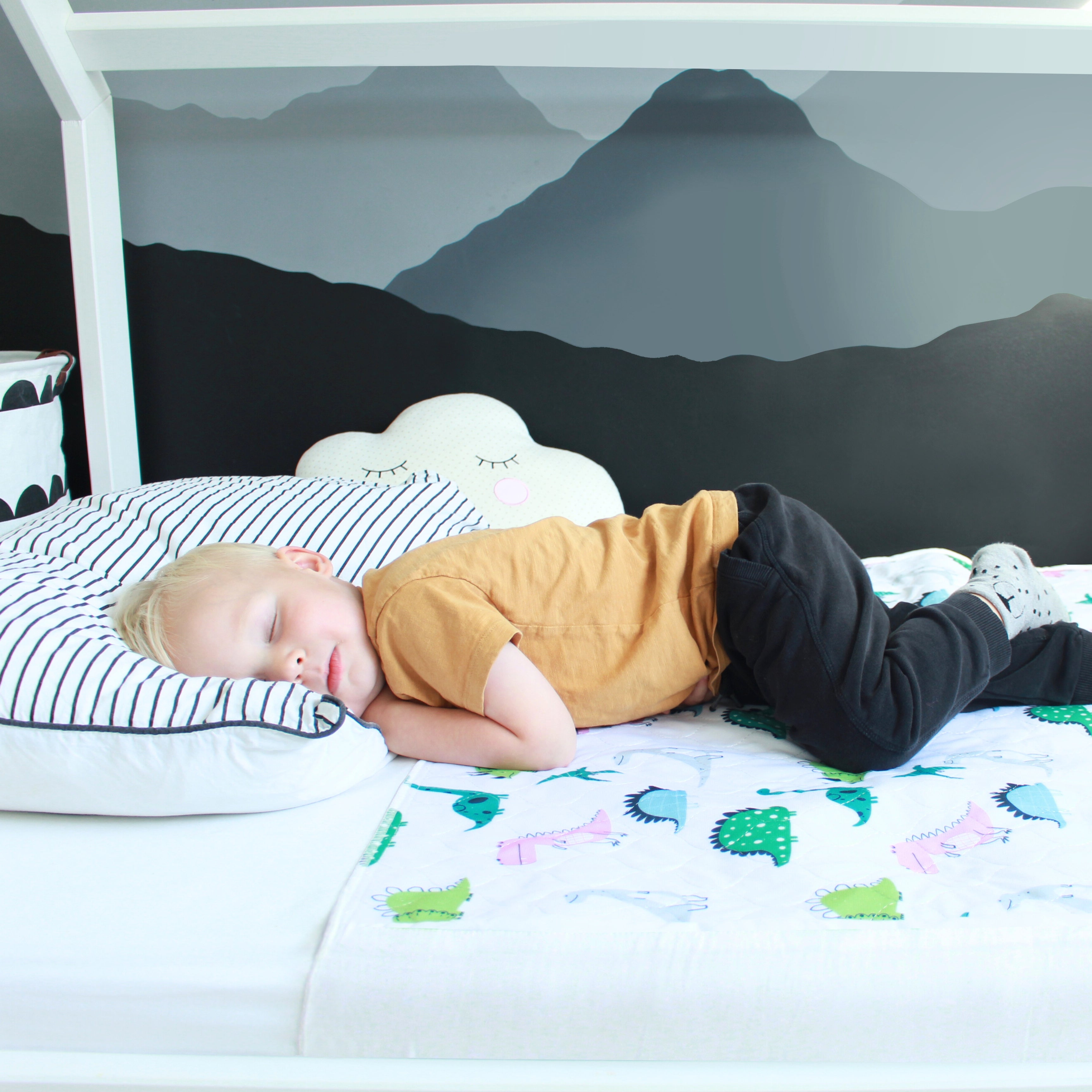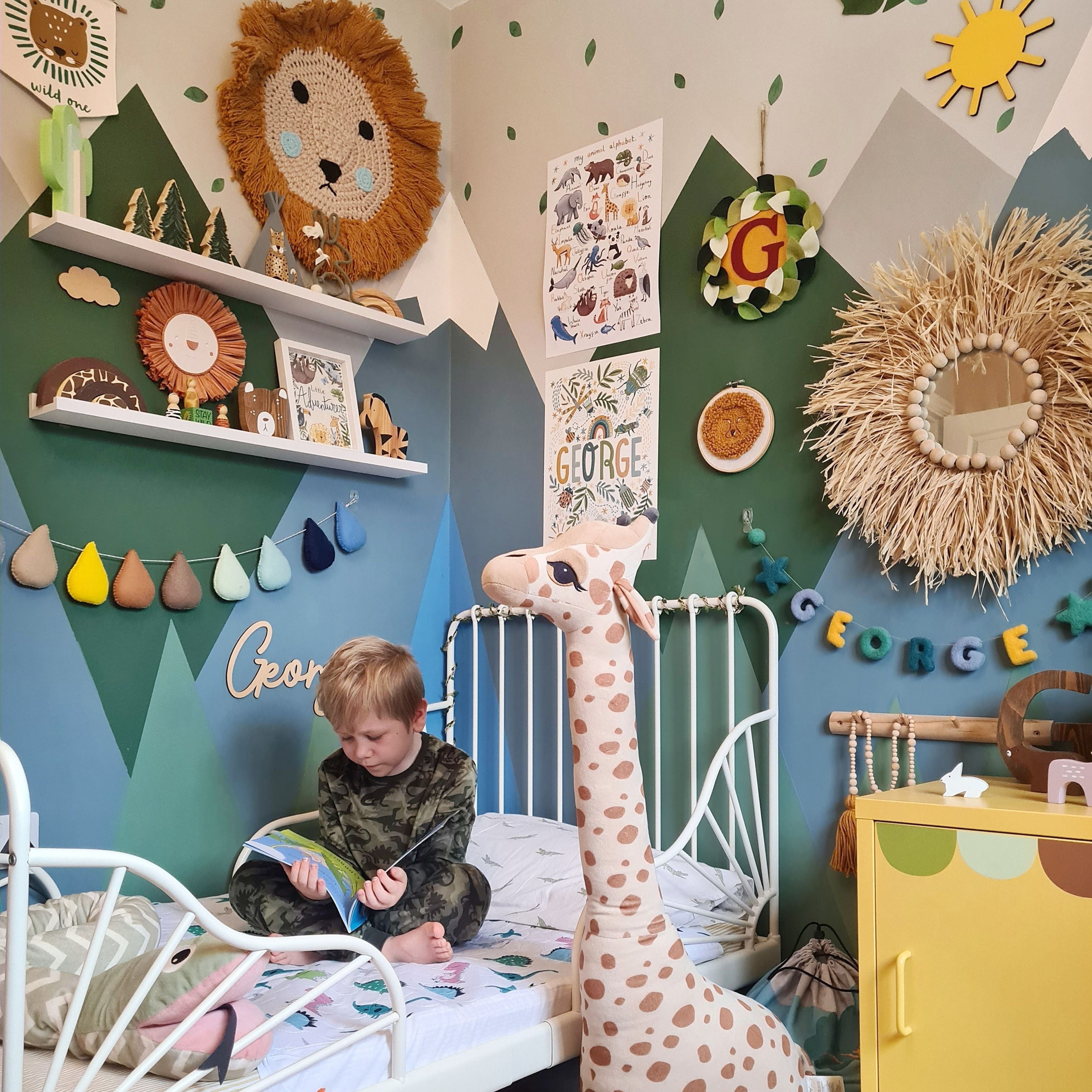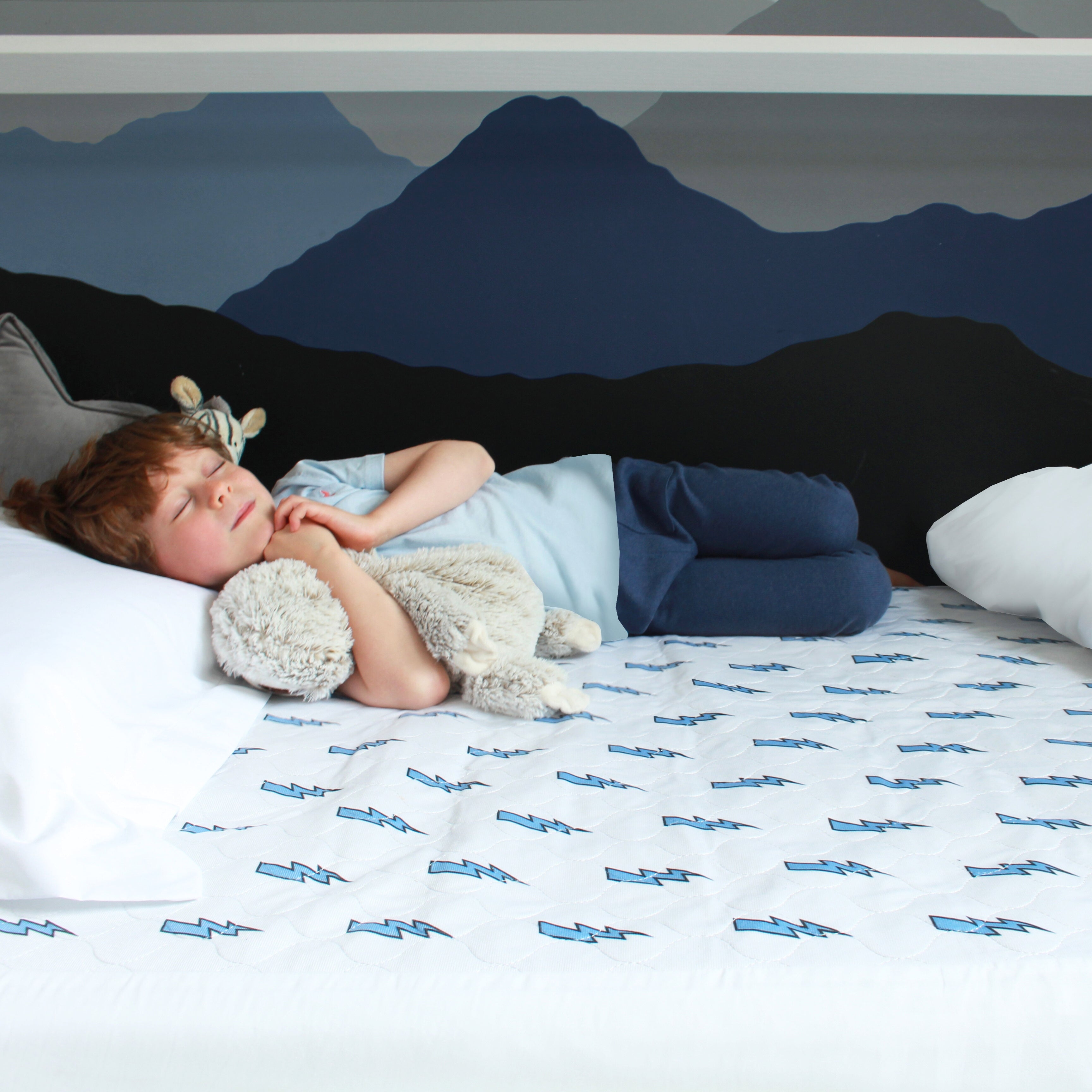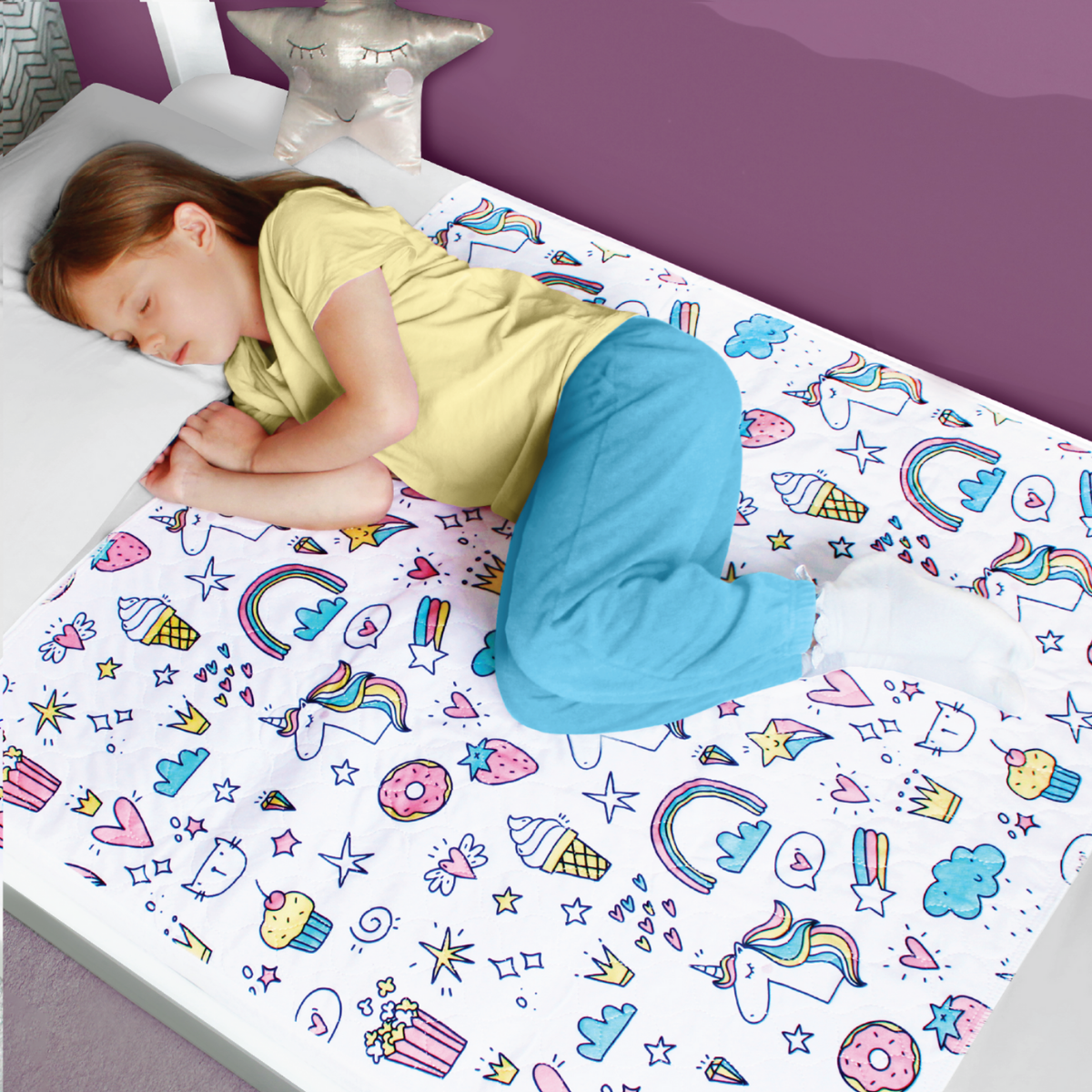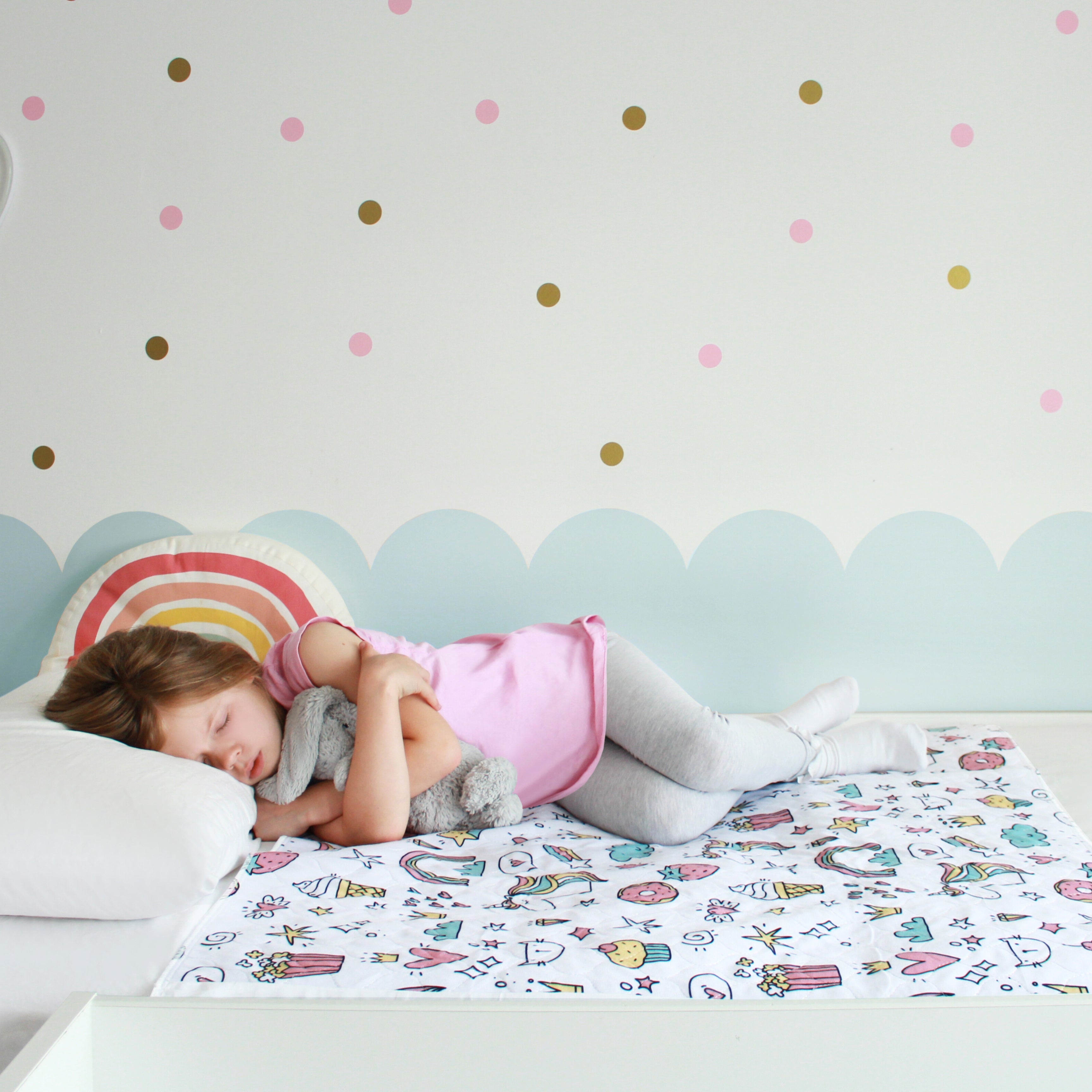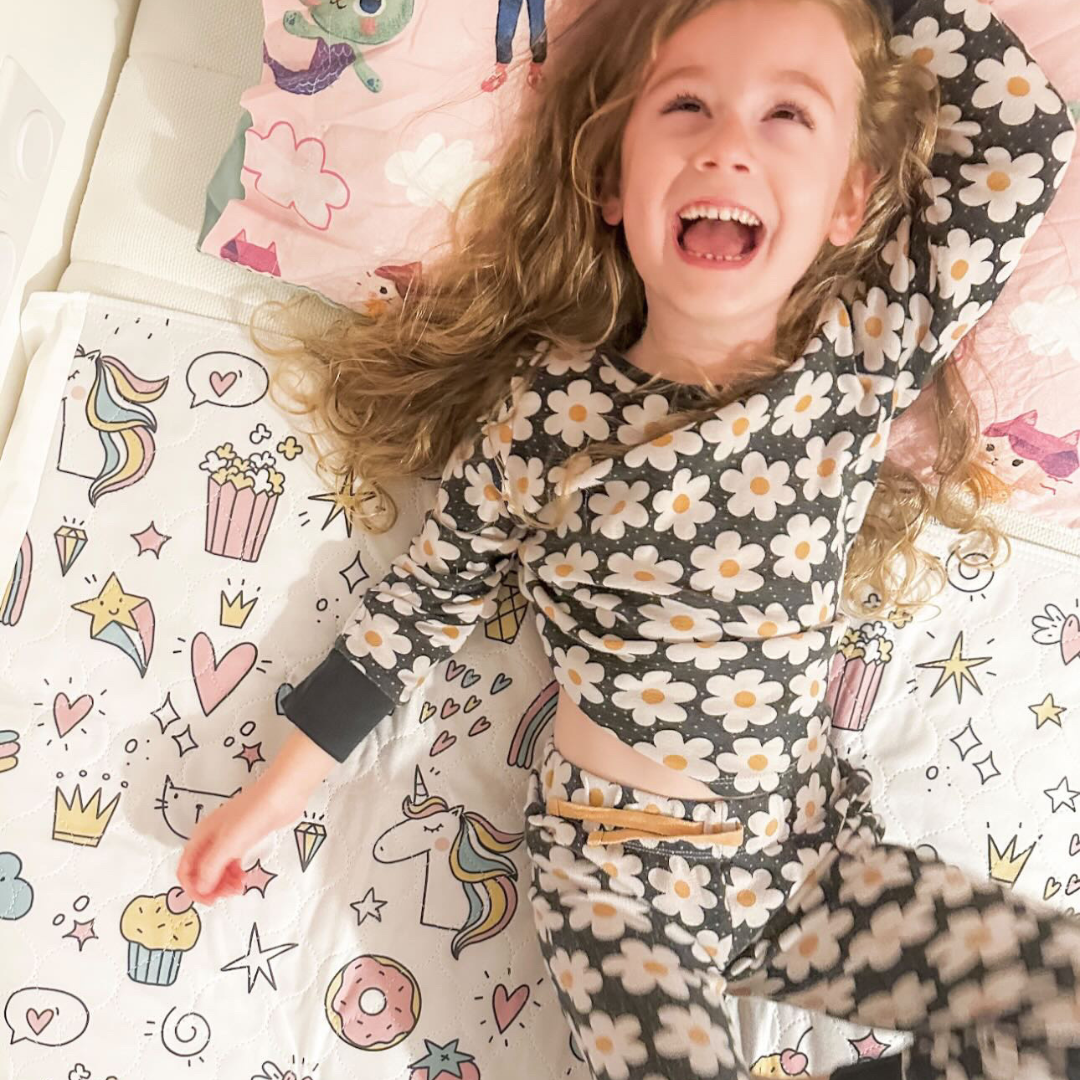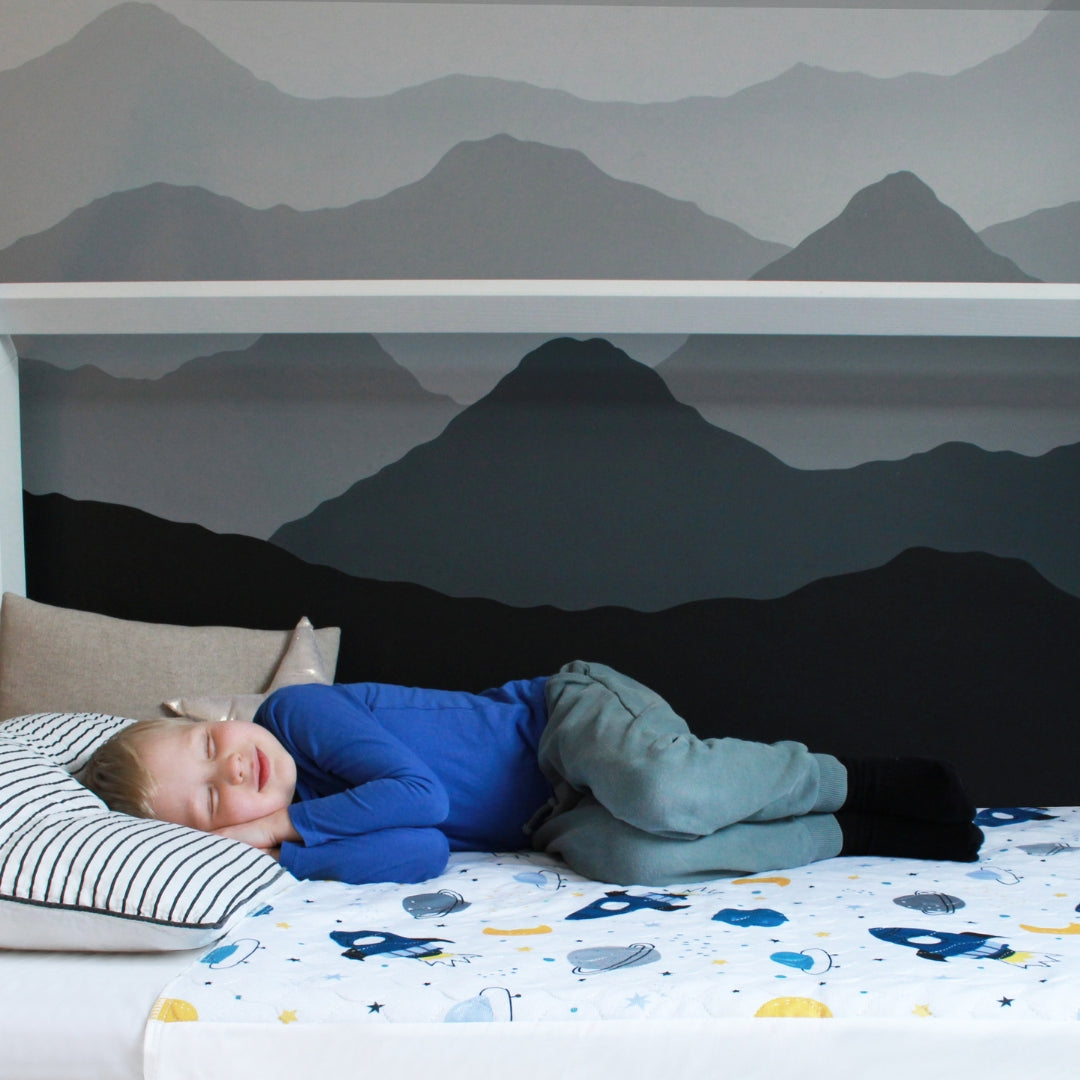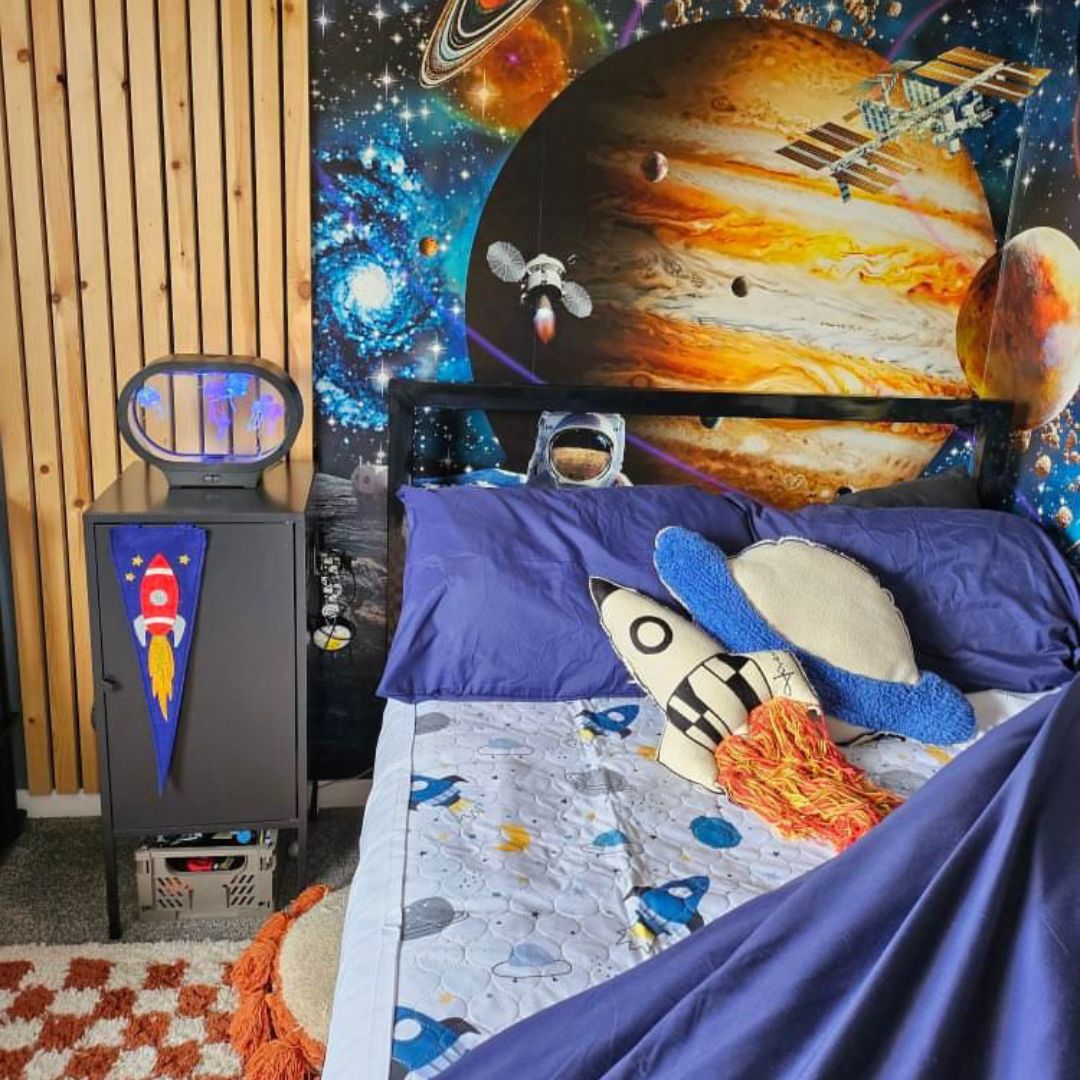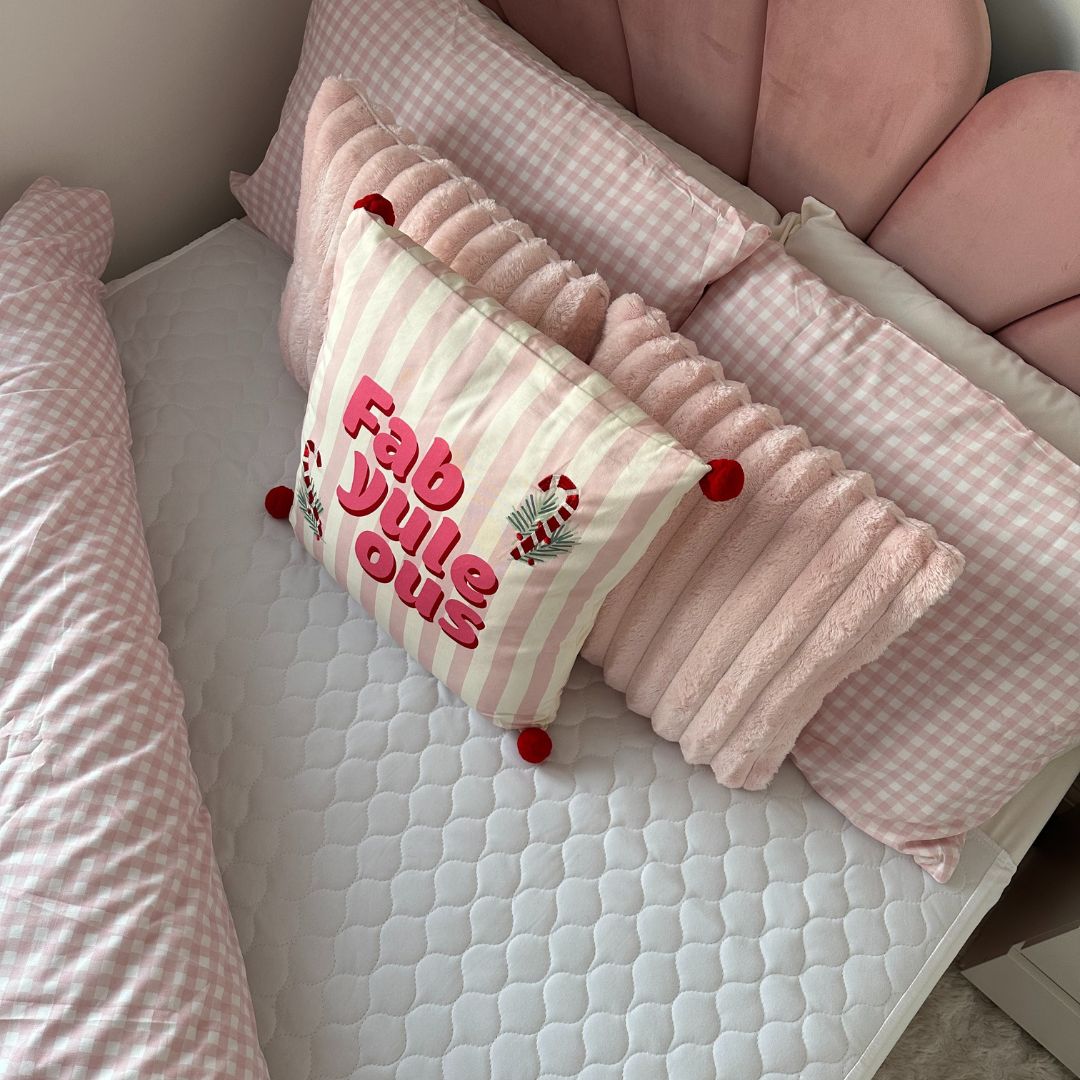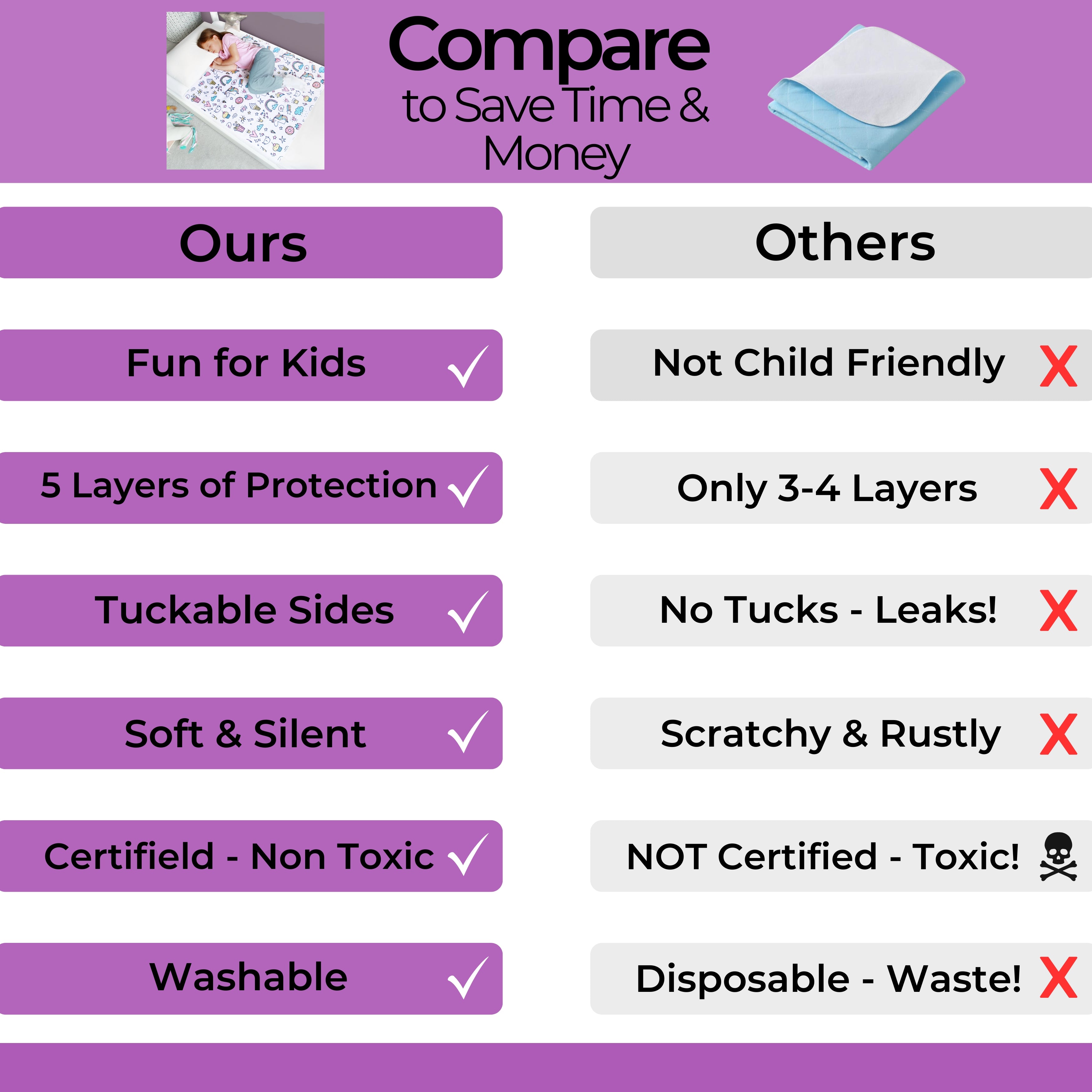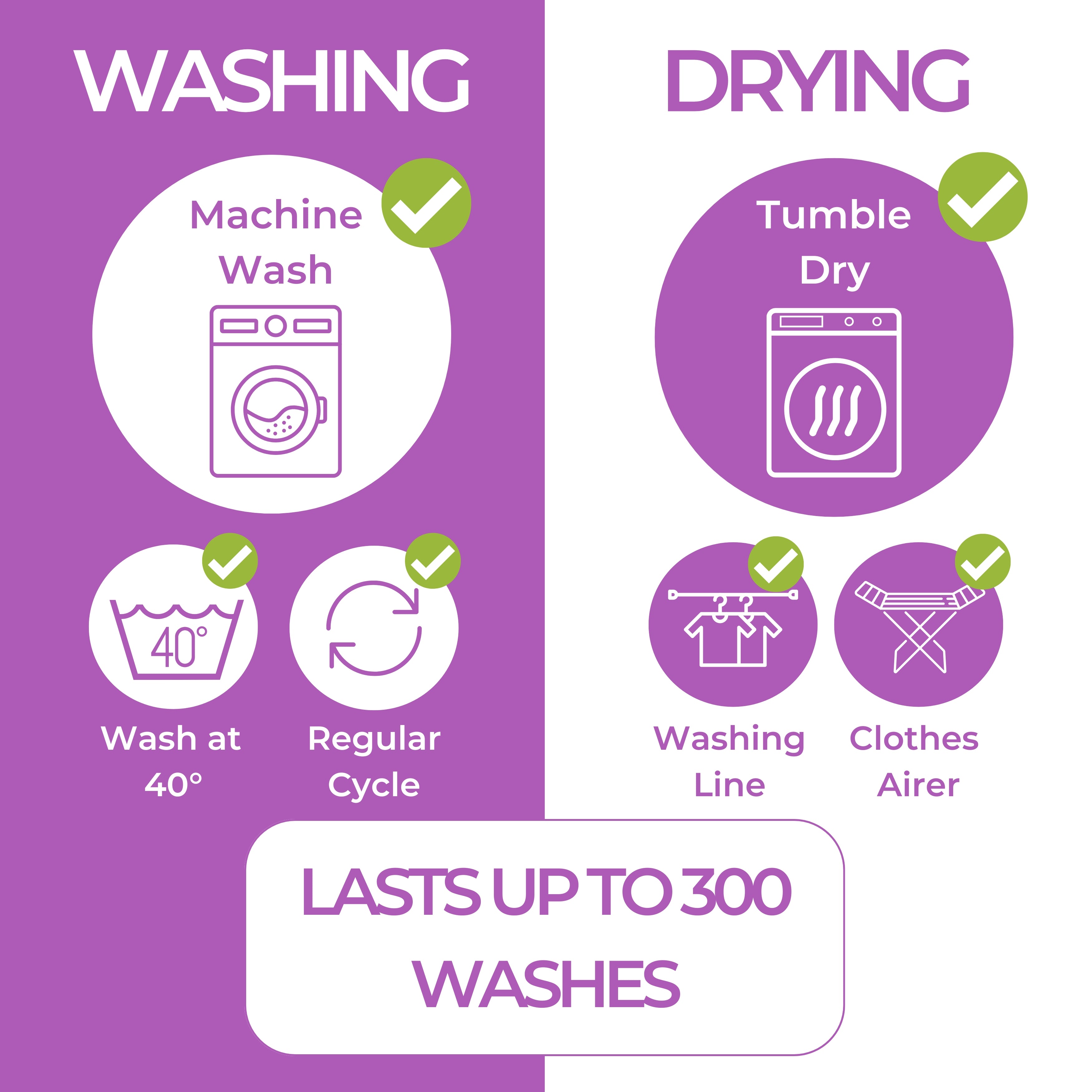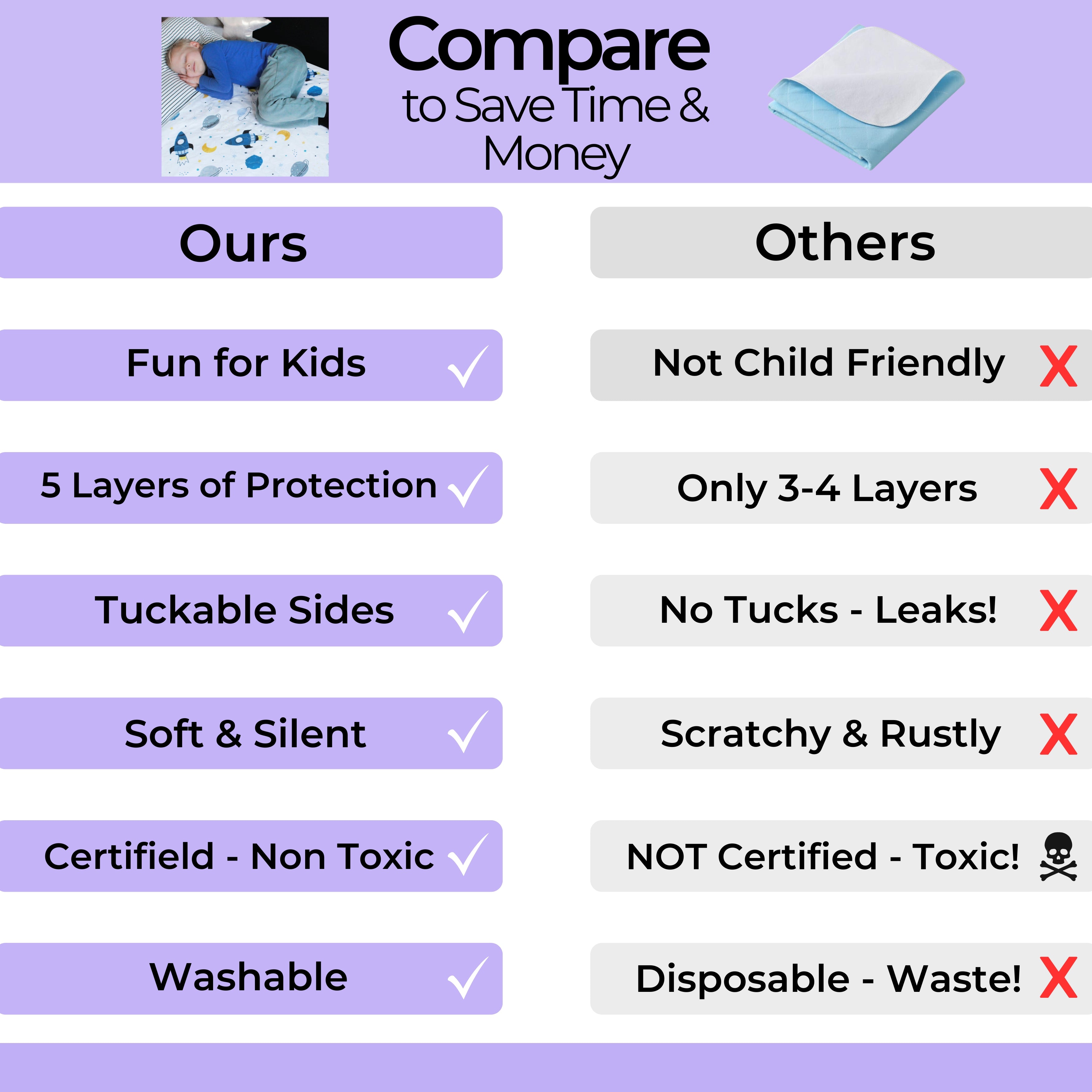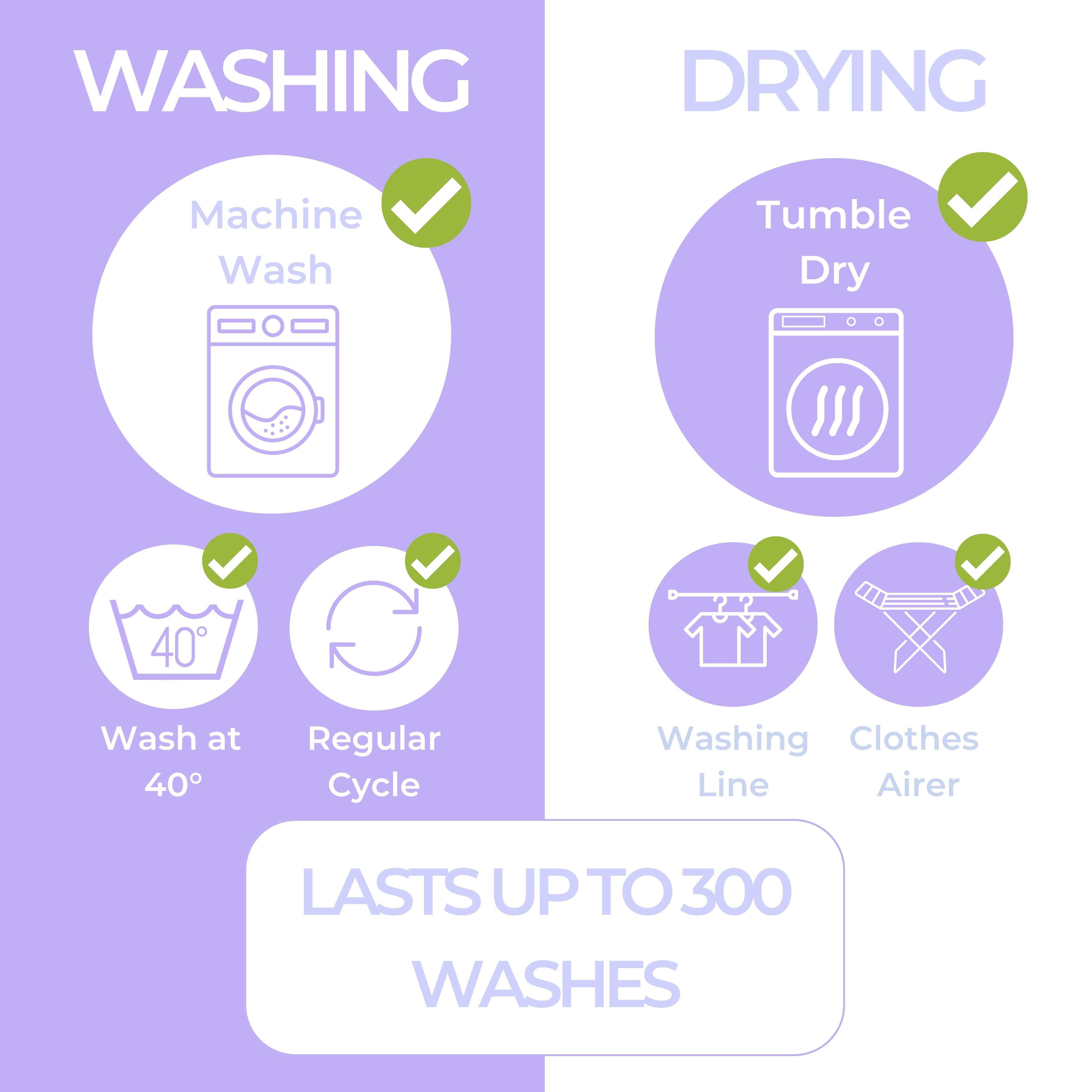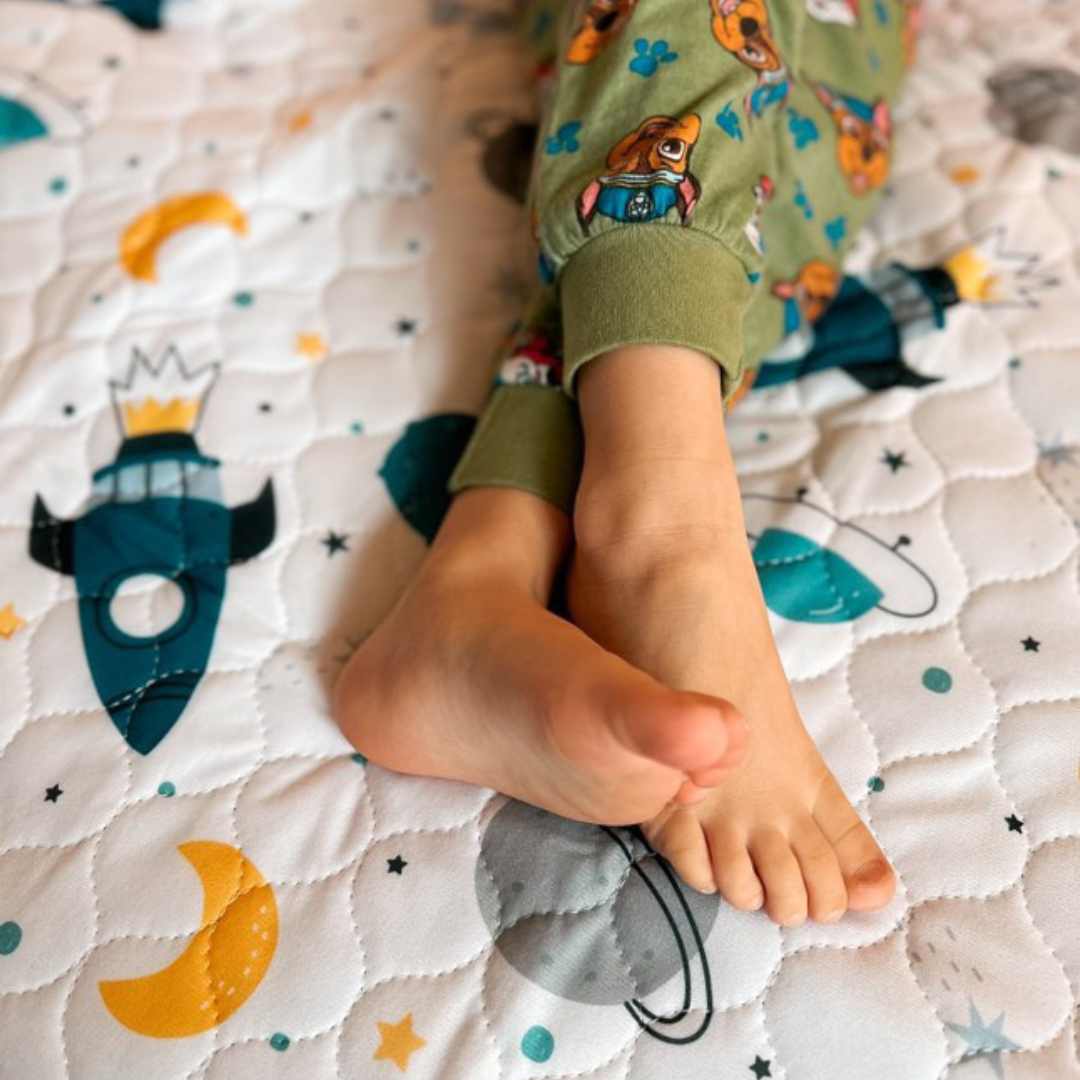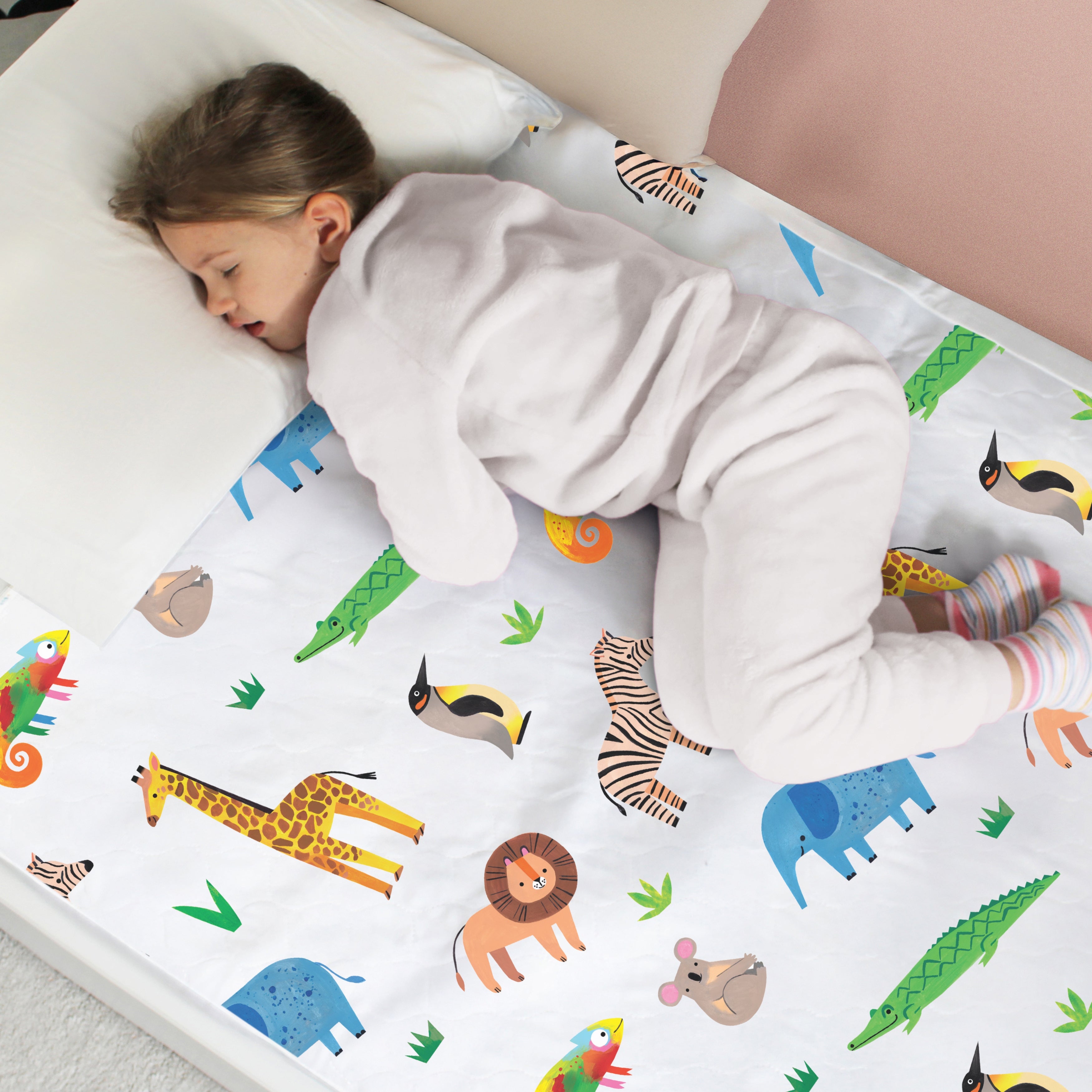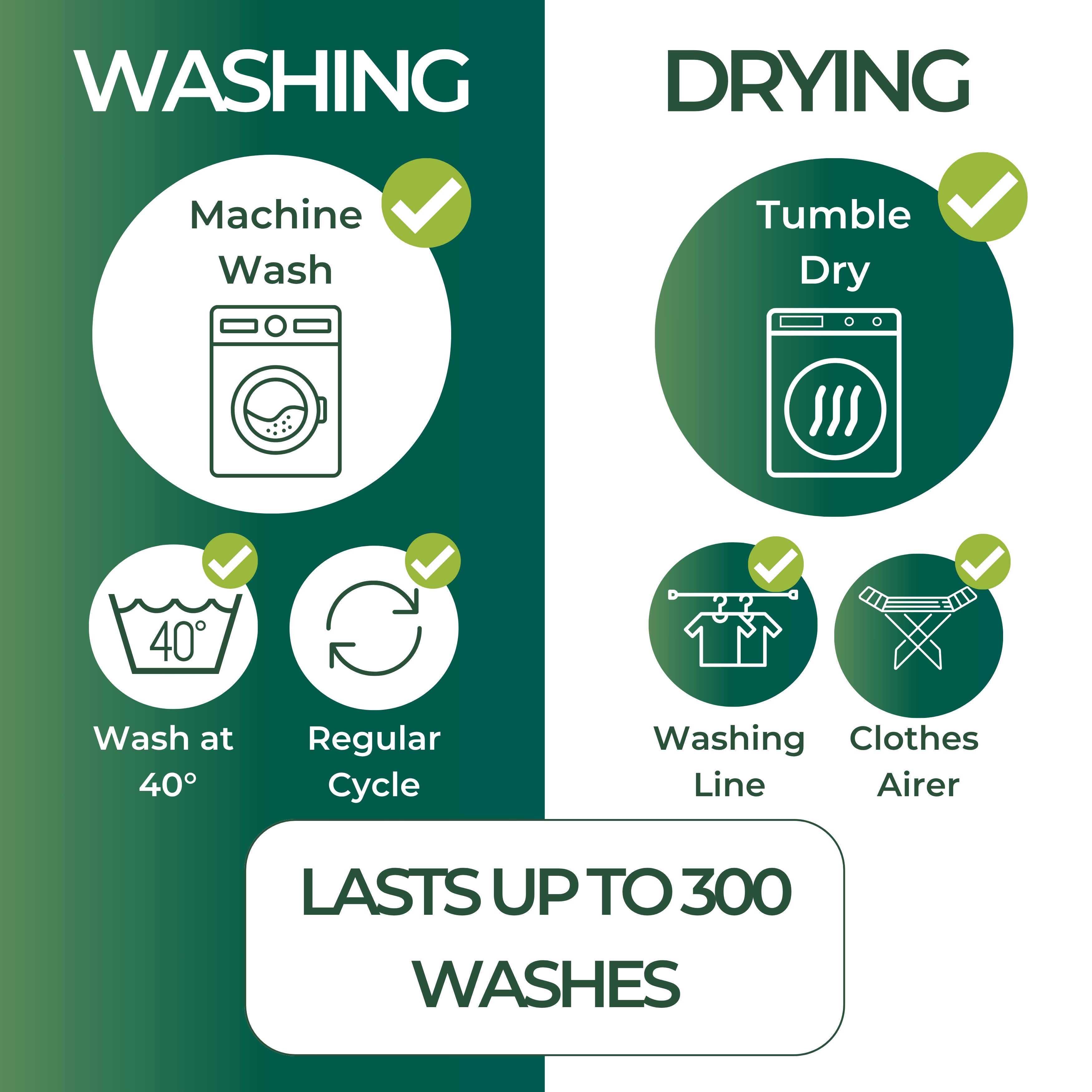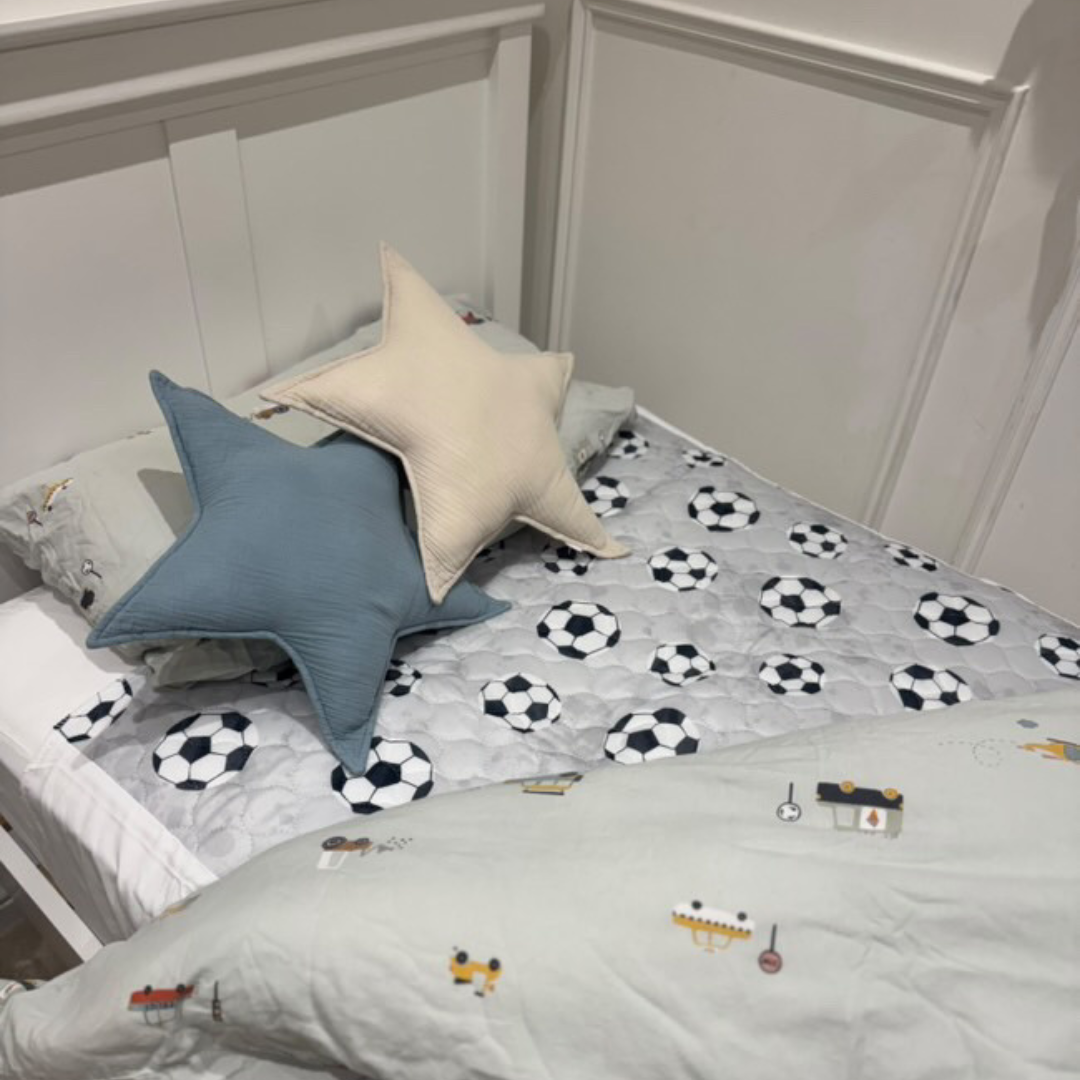As children grow, certain challenges like bedwetting can persist longer than expected, leading to increased concern for both parents and children. Though often considered a problem for younger kids, bedwetting can continue into later years, prompting the need for a deeper understanding and effective solutions. Recognising the causes of bedwetting in older children is key to addressing the issue successfully. This comprehensive guide will explore the various factors that contribute to bedwetting at different ages and offer practical advice on how to manage it.
There are some useful Facebook communities that can be really beneficial for parents, ensuring you don’t feel alone. It also highlights that many other children and parents are going through similar situations. You may also find useful advice in these groups. Facebook groups such as "Bedwetting in Children & Teens," "Stop Bedwetting for Good," and "Bedwetting Solutions" may be helpful for you.
Understanding What Causes Bedwetting in Older Children
Bedwetting in older children, typically those aged five and above, can be particularly distressing as it often coincides with the child’s growing awareness of their peers and social interactions. Several factors can contribute to bedwetting in older children, and understanding these can help address the issue effectively.
One of the most common causes is a delay in the development of bladder control. Some children take longer to develop the ability to hold their urine through the night. This delay is usually a normal part of development and can resolve on its own over time.
Another significant factor is deep sleep patterns. Older children who are deep sleepers may not wake up when their bladder is full, leading to bedwetting. This is often because the brain does not respond quickly enough to the signals from the bladder during sleep.
Additionally, emotional factors such as stress, anxiety, or changes in the child’s environment can play a crucial role. Events like starting a new school, moving house, or family changes can trigger bedwetting in older children. Identifying and addressing these emotional triggers can be an essential part of managing the condition.
Identifying What Can Cause Bedwetting in Children
Bedwetting can occur for a variety of reasons, and identifying these causes can help parents and caregivers provide the right support. Here are some common factors that can cause bedwetting in children:
-
Genetics: Bedwetting tends to run in families. If one or both parents experienced bedwetting as children, their children are more likely to have the same issue.
-
Hormonal Factors: The hormone vasopressin reduces urine production during sleep. If a child’s body doesn’t produce enough vasopressin, they may produce more urine than their bladder can hold. While this is rarely the cause in older children, GPs may prescribe vasopressin-based medication temporarily for sleepovers or school trips.
-
Small Bladder Capacity: Some children may have a smaller bladder, which can’t hold as much urine, causing them to wet the bed if they don’t wake up in time.
-
Urinary Tract Infections (UTIs): UTIs can cause irritation and inflammation in the bladder, leading to an increased need to urinate, which may result in bedwetting.
-
Constipation: Chronic constipation can put pressure on the bladder, reducing its capacity and increasing the likelihood of bedwetting.
-
Sleep Apnoea: Obstructive sleep apnoea, a condition where breathing is briefly interrupted during sleep, can be linked to bedwetting. Disrupted sleep patterns may affect the body’s ability to control bladder function.
Understanding these causes allows for a more targeted approach to managing bedwetting, whether through behavioural interventions, medical treatments, or lifestyle adjustments.
Exploring Causes of Bedwetting in Toddlers
Bedwetting in toddlers is generally considered a normal part of development, as many children are still learning to control their bladder. However, understanding the specific causes of bedwetting in this age group helps parents support them effectively.
-
Developmental Milestones: Toddlers are still developing the ability to recognise the sensation of a full bladder and wake up in time to use the toilet. This is a natural part of potty training and takes time to master.
-
Fluid Intake: Drinking a lot of fluids close to bedtime can increase the likelihood of bedwetting. Monitoring fluid intake in the evening can help reduce accidents.
-
Sleep Patterns: Like older children, toddlers may sleep deeply, making it harder for them to wake up when they need the toilet. Establishing a bedtime routine that includes using the potty before bed can be helpful.
-
Emotional Factors: Changes in routine, starting nursery, or the arrival of a new sibling can be stressful for a toddler and may lead to an increase in bedwetting incidents.
How to Tackle Bedwetting in Children
Tackling bedwetting requires a multi-faceted approach that addresses both physical and emotional aspects. Here are some strategies that can help:
-
Positive Reinforcement: Encourage and reward dry nights to build confidence. Positive reinforcement can motivate children and reduce stress.
-
Bedwetting Alarms: A bedwetting alarm can help older children wake up when they start to urinate, training them to recognise the sensation and use the toilet.
-
Bladder Training: Encourage regular bathroom visits throughout the day and before bed to help train the bladder.
-
Limit Evening Fluids: Reducing fluid intake in the evening, especially avoiding caffeinated or sugary drinks, can help prevent bedwetting.
-
Nightlights: A nightlight can make trips to the bathroom less intimidating, encouraging children to get up if they need to urinate.
-
Consult a Healthcare Professional: If bedwetting persists despite these strategies, consult a GP to rule out underlying medical conditions such as UTIs, sleep apnoea, or diabetes.
Using waterproof sheets like Hygge Sheets Waterproof Bed Pads can help protect the mattress and make clean-up easier while toddlers transition through this phase.
Common Triggers: What Causes Bedwetting?
Bedwetting can be triggered by several factors, some of which overlap with those discussed earlier. Here’s a summary of common triggers that can cause bedwetting:
-
Stress and Anxiety: Emotional stress, whether from school, family changes, or social pressures, can impact a child’s ability to control their bladder at night.
-
Dietary Factors: Certain foods and drinks can irritate the bladder, such as caffeine, citrus fruits, and artificial sweeteners.
-
Inconsistent Toilet Habits: Irregular bathroom routines during the day can contribute to bedwetting at night. Encouraging consistent bathroom use can help.
-
Sleep Disruptions: Conditions like sleep apnoea can interfere with the body’s ability to control bladder function during the night.
-
Family History: Genetics play a significant role in bedwetting. Children with a family history of bedwetting are more likely to experience it, especially if both parents had similar issues.
Conclusion
Bedwetting in older children, as well as younger ones, is a multifaceted issue with various causes, from developmental delays to emotional stress. By understanding what causes bedwetting at different ages, parents can take a proactive approach, provide support, and implement strategies to help children overcome this challenge.
Whether through positive reinforcement, waterproof sheets, bedwetting alarms, or professional consultation, there are many ways to manage and eventually resolve bedwetting. With patience and encouragement, children can achieve dry nights, leading to better sleep and greater confidence.
Take care,
Catherine x

